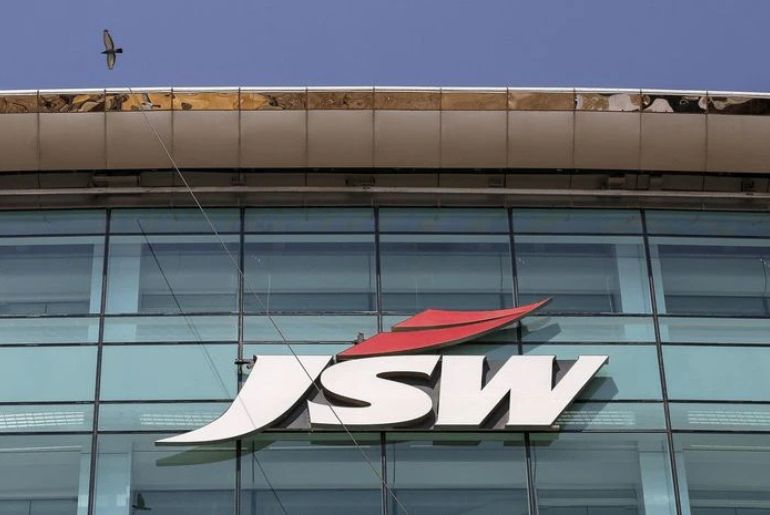The JSW Group, led by industrialist Sajjan Jindal, is set to emerge as a powerful player in India’s electric vehicle (EV) revolution, with plans to build a fully integrated EV ecosystem backed by multi-billion-rupee investments, strategic partnerships, and a dedicated in-house brand.
From setting up EV manufacturing hubs to entering battery production and launching passenger as well as commercial electric vehicles, JSW is positioning itself to compete directly with the likes of Tata Motors, Mahindra, and Ola Electric.
₹40,000 Crore EV Ecosystem in Odisha
JSW has signed a ₹40,000 crore Memorandum of Understanding (MoU) with the Odisha government to build a vast EV and green energy ecosystem across Naraj (Cuttack) and Paradip (Jagatsinghpur). The mega project will include:
-
An EV and commercial vehicle plant with a production target of 3 lakh electric cars and 1 lakh commercial EVs annually
-
A 50 GWh battery manufacturing facility
-
A 6,000-tonne lithium refinery
-
A copper smelter for EV component supply chain integration
This is one of the most ambitious EV projects ever planned in India, set to dramatically boost domestic capacity and employment in clean mobility.
₹27,200 Crore Investment in Maharashtra
Simultaneously, JSW will invest ₹27,200 crore in Aurangabad Industrial City (AURIC), Maharashtra, to launch its own in-house EV brand. The facility will create over 5,200 jobs and manufacture both passenger and commercial electric vehicles under the JSW Green Mobility arm.
MG Motor JV and Global Partnerships
Through its joint venture with China’s SAIC, JSW MG Motor India, the company plans to scale EV production from 1 lakh to 3 lakh units per year, launching a new vehicle every 3–6 months, starting late 2024.
JSW also plans to increase its stake in MG India to 84%, as SAIC reduces its involvement in the Indian market.
In addition, JSW is in talks with international EV firms like BYD and Geely to develop electric trucks and explore hybrid technology collaborations.
Commercial Vehicles, Hybrids, and Beyond
Under the JSW Green Mobility banner, the company plans to build electric buses, trucks, and plug-in hybrids. By 2026, JSW aims for plug-in hybrids to account for 50% of its EV lineup. This diversified portfolio will cater to both consumer and industrial EV segments.
Battery Manufacturing and Strategic Capex
JSW is also entering the battery business with a potential $1.5 billion joint venture with LG Energy Solution, targeting a 10 GWh battery plant by the end of 2026. Around 70% of battery output will be used internally, while 30% will be sold to other EV players.
The group has earmarked ₹15,000 crore of its FY26 capex for its EV business as part of a larger ₹60,000 crore investment plan across steel, energy, and mobility.
JSW’s Disruption Strategy
JSW Group’s strategy is rooted in full vertical integration—from sourcing raw materials like lithium and copper to building EVs and battery packs. This comprehensive approach, combined with high localisation, is expected to deliver competitive pricing and improve India’s self-reliance in EV manufacturing.
The company is betting big on the growing demand for electric mobility in India, and with its expansive blueprint, it’s on track to disrupt the Indian EV landscape by mid-decade.

